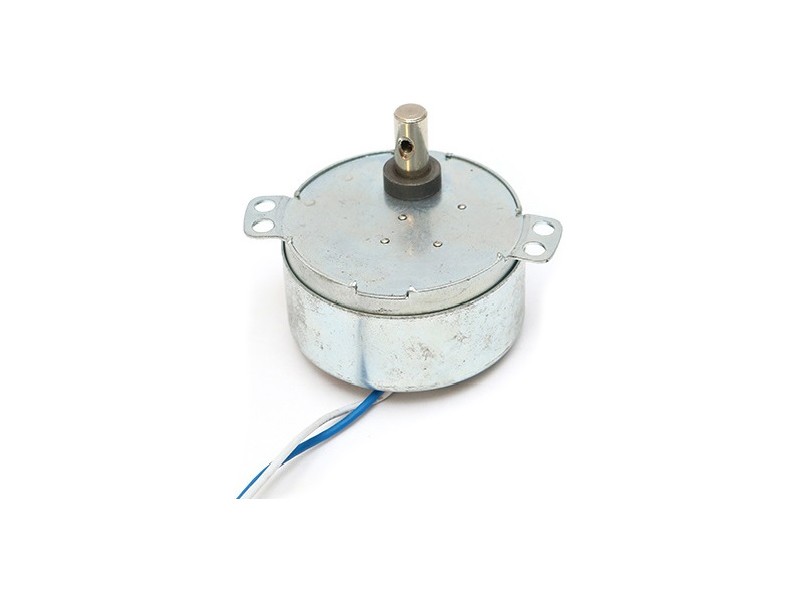Synchronous Motor Use Surges Across Industries, Driving Efficiency and Reliability
 Dec 11, 2023|
Dec 11, 2023| View:534
View:534Synchronous motors have emerged as a game-changer in various industries, revolutionizing the landscape of electric motor applications. With their unique characteristics and advanced features, synchronous motors are rapidly gaining popularity for their efficiency and reliability.

Synchronous motors are known for their ability to synchronize their rotation speed with the frequency of the alternating current (AC) power supply. This synchronization results in precise and consistent speed control, making them ideal for applications that require constant speed, such as industrial machinery, HVAC systems, and electric vehicles.
One of the key advantages of synchronous motors is their high efficiency. Unlike induction motors, synchronous motors operate at a power factor close to unity, minimizing energy losses and reducing electricity consumption. This efficiency not only translates into cost savings but also contributes to environmental sustainability by reducing carbon emissions.
Furthermore, synchronous motors offer excellent torque control and stability. With their ability to maintain a constant speed, they ensure reliable and accurate operation, even under varying loads. This feature is particularly beneficial in applications that require precise motion control, such as robotics, machine tools, and conveyor systems.
The widespread adoption of synchronous motors can be attributed to their advancements in technology and increased availability. Leading manufacturers, such as (Manufacturer Name), have played a crucial role in developing and supplying high-quality synchronous motors to meet the growing demand.
The benefits of synchronous motor use extend beyond industrial applications. In the renewable energy sector, synchronous motors are utilized in wind turbines, where they efficiently convert wind energy into electrical power. Their ability to synchronize with the grid frequency enables seamless integration and stable power generation.
In conclusion, synchronous motor use is experiencing a surge across industries due to its efficiency, reliability, and precise speed control. As the demand for energy-efficient solutions continues to grow, synchronous motors are poised to play a pivotal role in driving productivity, reducing energy consumption, and enhancing overall system performance. With ongoing advancements in technology, the future of synchronous motor applications looks promising, empowering industries to achieve greater efficiency and sustainability.








